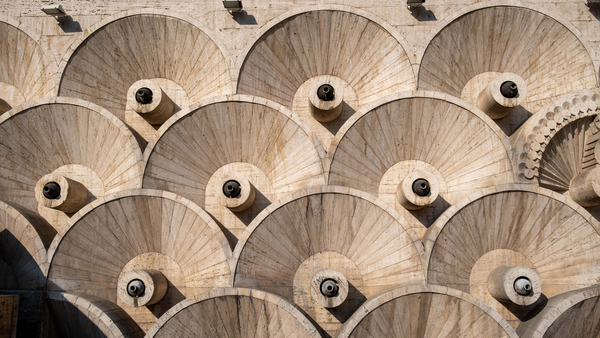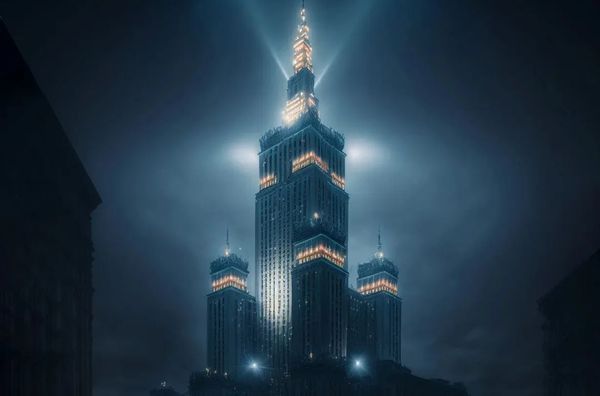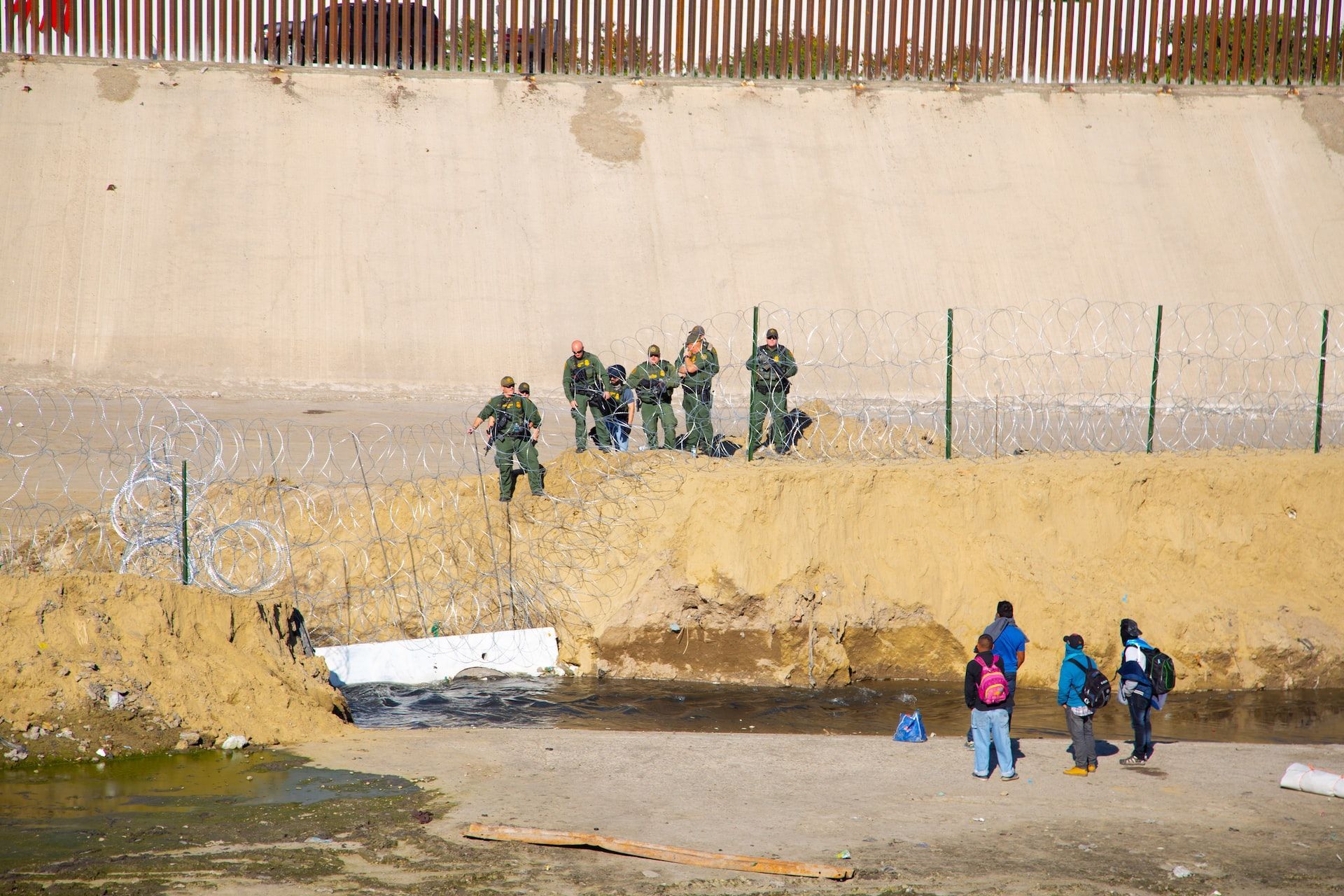280 million people are at risk of starvation in Africa. There have been six military coups in West Africa in the last two years. Three experts discussed the international political situation.
Viktor Marsai, Head of Research at the Migration Research Institute in Budapest, focused on Africa’s grain crisis as a result of the Russo-Ukrainian war. „I know that Africa is not a priority for Washington, Moscow, or Beijing,” the expert said, but European cities are on the migration frontline, and there is a Chinese and Russian campaign against Western interests in Africa. The infamous Wagner Group is active in Africa, and Moscow has economic interests in almost every African country, especially the expansion of Rosatom is prevalent. „280 million people are at risk of starvation in Africa,” Marsai pointed out, adding that roughly 1.6 billion people live in food insecurity worldwide. Vladimir Putin’s war has increased this figure by 500 million. The plight is extremely worrisome as the FAO Food Price Index is at a record high, a large part of incomes is spent on food in developing countries, and the severe droughts caused by global warming in East Africa threaten many people. Marsai added that terrorist organizations and other politically motivated groups weaponize hunger, leading to tragic political consequences, civil wars, and coups following each other. „There have been six military coups in the last two years in West Africa alone,” and the continent’s energy supply is also bad; it would take decades to build adequate infrastructure. Moreover, tourism has collapsed; for example, Russian tourists have disappeared from Egypt. „10-25% of GDP comes from tourism in Kenya or the Maldives,” and the Russo-Ukrainian war has led to a decline in foreign investment and political attention. A new Cold War era is emerging, where countries might be forced to choose a bloc. African migration has been intensified by mass starvation since June, which resulted in the death of tens of thousands, and one million people had to leave their homes in Somalia alone to seek refuge in refugee camps. „The middle class of North Africa is leaving the continent as they have connections and financial resources,” added Marsai. To sum up, Africa is plunged into an unprecedented humanitarian crisis, offering an opportunity for Russia to put geopolitical pressure on Europe with mass migration.
Dr. Tamás Dezső, Director General of the Migration Research Institute, outlined the current and projected population trends in the Middle East and Africa. The population growth rate is very high in these regions, especially compared to Europe. Dezső explained that in Afghanistan, the median age is 17.6, while in Europe, it is well above 40. The fertility rate is also extremely high in these countries; the population stagnates when the figure is close to two, but in these regions, it can be more than four. The UN estimates that by 2050 the population of the Middle East will increase by 403 million. Immigration trends are also on the rise, and the proportion of young men in the region is worrisome as well: if 20% of the people are men aged between 15-25 in a society, the risk of armed conflict is very high. Furthermore, women in Europe usually give birth to their first child around the age of 30, while in Africa and the Middle East, a much earlier age. Thus, these regions can have two more generations in a century than Europe. These figures predict many enormous future challenges, and there are no clear potential solutions yet. Nonetheless, it is evident that these regions need investment to boost their economy and create jobs to ensure sustainable circumstances for the population to stay in the countries. Otherwise, Europe will face an unmanageable refugee and migrant crisis.
S. John Tsagronis, an expert at the Institute of World Politics, analyzed the „tectonic plates” of the changing world order. He explained that geopolitics is the politics of territory and that the „tectonic movements” meant dynamic developments already for the ancient Greeks. Tsagronis believes we experience these movements in five fields today: land, water, air, space, and cyberspace. „These five domains determine the 21st century; they must be simultaneously dominated, but air, space, and cyberspace are the most crucial. He added that cyberspace is human-made and stressed that each area had a period of discovery. The explorers conquered land and sea in the early modern era, but today we are looking for oil in the deserts. These efforts are complemented by a will to conquer and colonize, followed by a management period to govern the conquered territory. This includes the rule of law, border controls, and trade agreements, but today we entered an era of redistribution of power in the world. Russia is at war, Chinese aggression toward Taiwan is growing, and Iran is spreading Shia Islam in the Middle East. Tsagronis asked the eternal Leninist question after listing the examples: „what to do?” The expert thinks we need clear objectives because the worst thing in today’s world is that there are only political aims but no strategy. There is no coherence, no clear objectives, no cooperation, and no consensus. „I am not a big fan of Donald Trump, but management during his time was much more effective because he had clear objectives,” Tsagronis concluded.
The lectures took place at the conference of the Danube Institute in Budapest, Hungary.

Gábor Máté: Inner Sky

Boundless Brutalism—Yerevan | TOP5










